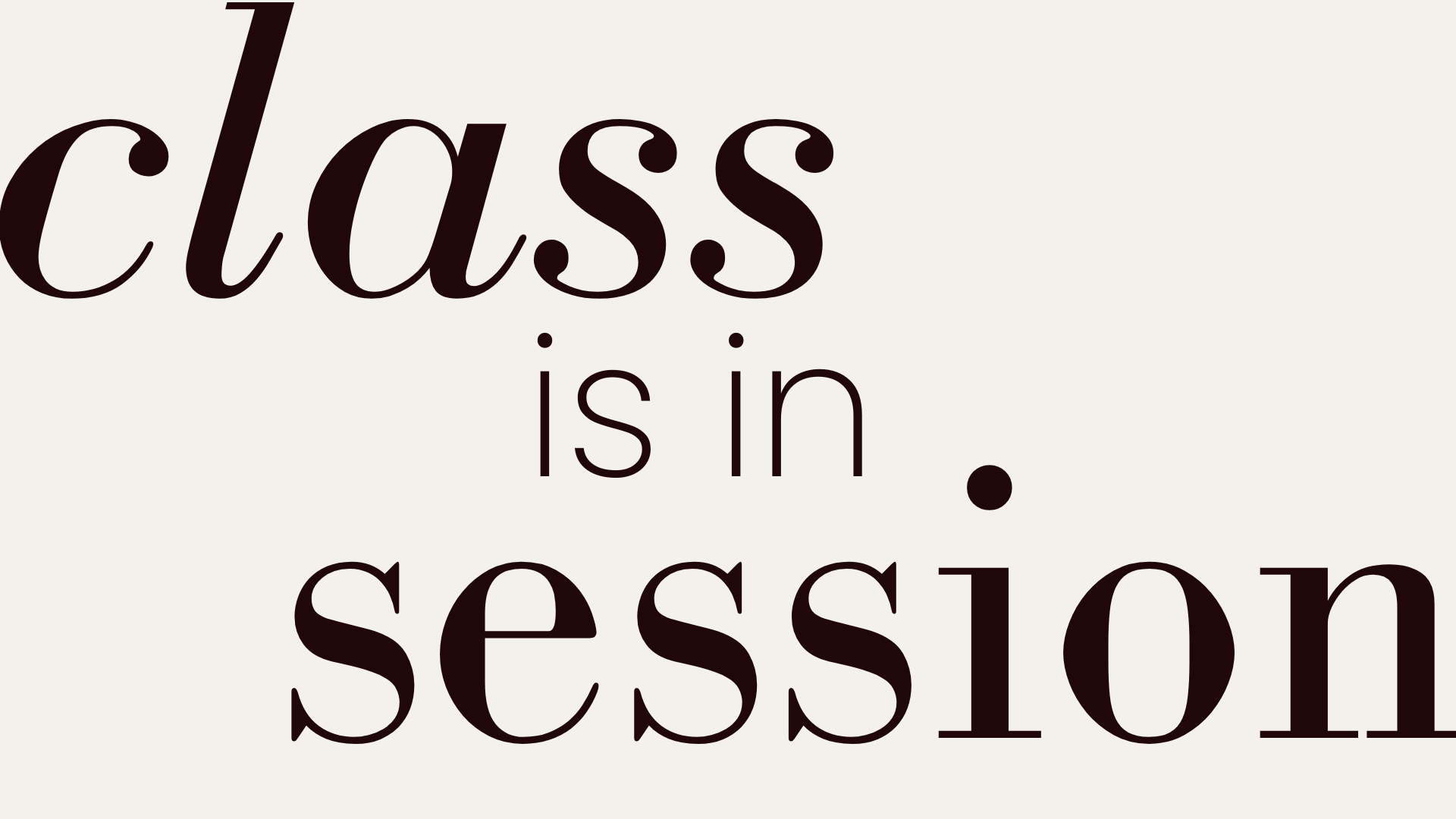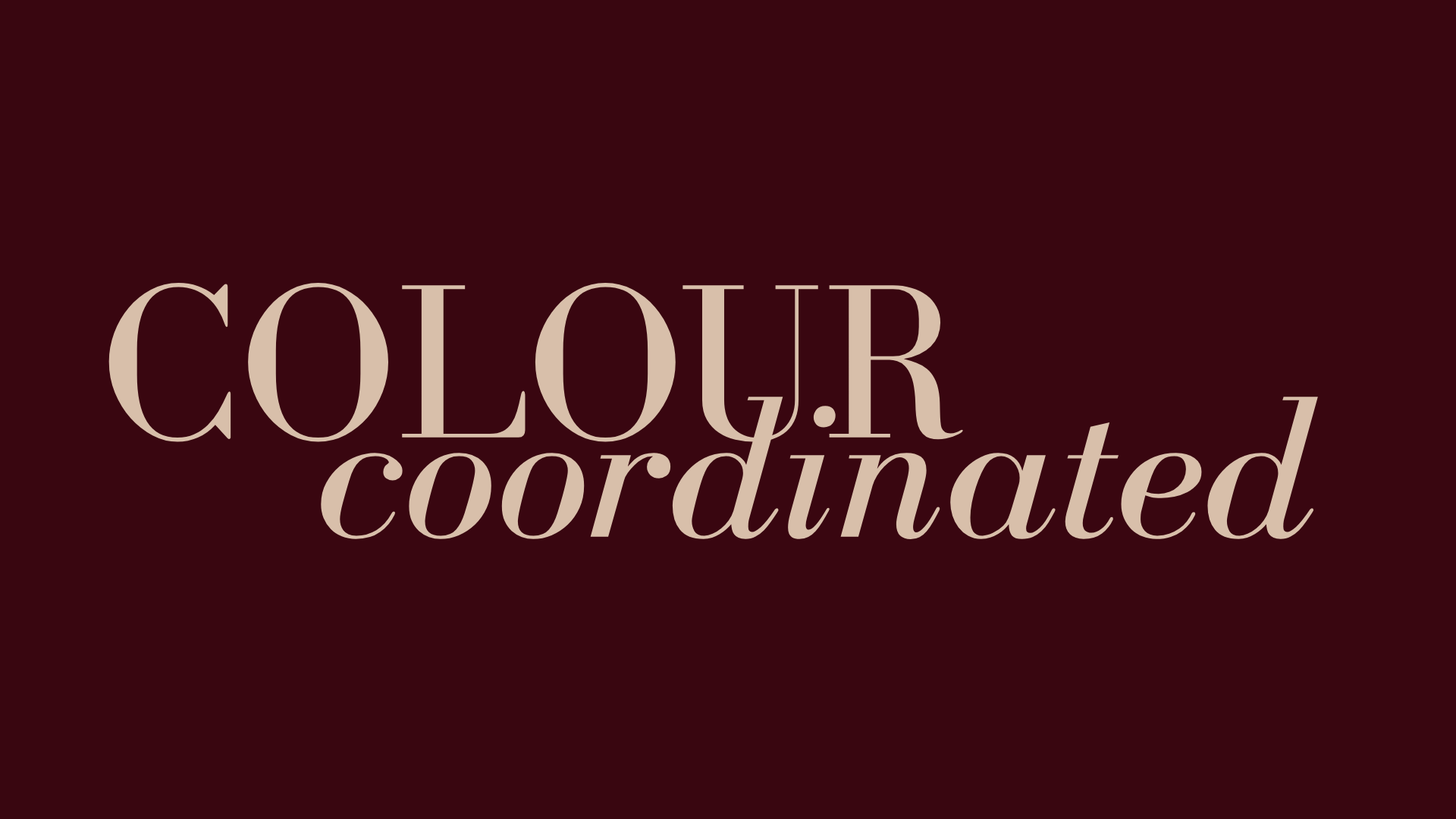Personal Branding for Students
Build your personal brand as a student and grow your recognition, trust and credibility in the marketplace before you’ve even graduated.
Personal branding for students can be too often overlooked. Yet, by building your personal brand as a student, it can help set your career up for success. It can lay the foundation for your professional brand in the marketplace.
Even without any official ‘real world’ experience, you can demonstrate your unique value proposition. A strategy for personal branding as a student can showcase your skills, expertise and personality to potential future employers (or, if you’re an aspiring entrepreneur, future customers).
Whether you’re a high schooler, undergraduate or post-graduate student, the core principles of personal branding still apply. Think about personal branding for students, while you’re still a student.
From primary school through to three tertiary qualifications, if there was one thing I always was, it was studious. A self-professed nerd, I studied every minute I wasn’t working or socialising. I finished all my assignments well before the due date. I approached every exam with a seriousness even my family tried to dial back. But, I do have one regret.
They say the best time to plant a tree was 20 years ago. The second best time is now. If I could tell my student self one thing, it would be to consider personal branding for students.
It was an understandable oversight. As a student, you can feel like you don’t yet have any expertise or credibility in the marketplace. Even established professionals can shy away from personal branding. Often this is out of fear of positioning themselves as an ‘expert’ when they don’t feel like one. But, here’s the thing about personal branding. You already have a personal brand. It’s often said to be:
What people think about you.
How you make them feel.
What they say about you (especially when you’re not in the room)
How they remember you
So, if you already have a personal brand, personal branding is simply choosing to be intentional about what that personal brand represents. What impressions do you want to leave on people? What do you want to be known and remembered for?
If you’re thinking about personal branding as a student, you’re setting your future self up for success. Don’t rely on your personal brand when you find you need one. Start now.
Here are my top tips for building your personal brand as a student:
Tip #1: Have a personal brand vision
As Stephen Covey said best in Seven Habits of Highly Effective People:
“Begin with the end in mind.”
Establish a long-term personal brand vision for yourself. And reverse-engineer that into the short-term future.
Tip #2: Define your personal brand values
You are the Creative Director of the business of You. So, like any good brand does, establish 3-4 core values for your personal brand. Have a fourth or fifth value that sits at the centre of it all. This becomes your Why.
Remember, as Simon Sinek says in Start with Why:
“People don’t buy what you do, they buy why you do it.”
Tip #3: Understand the unique value proposition of your personal brand
No matter how far along you are in your career (even if you’re just starting), there is no one just like you. No one with your unique background, experiences, skills and interests.
Consider both the 1) personal and 2) technical value you bring to your professional brand.
Your personal value may include:
Your unique story
Personal interests
Personal achievements
Volunteering
Hidden talents and skills
Personal relationships (e.g. networks and memberships)
Only share what’s most relevant. The personal attributes that contribute to your personal brand vision.
For your personal brand technical value, this can include:
Qualifications or training and development
Professional skills and talents
Professional achievements
Social proof (e.g. referrals, testimonials and awards)
Industry and years of experience (if yet relevant).
Both the personal and technical elements add value. As marketers say:
“People buy emotionally first, and then rationalise with logic.”
To continue listening on the podcast instead:
Click the link below to learn about personal branding for students on my podcast
Tip #4: Define the key messages of your personal brand
Once you understand your personal vision, values and unique value, define the core messages of your personal brand. Repeat these (in some variation) across all your personal brand touchpoints. This includes your online profiles and resume.
Tip #5: Define your personal brand verbal identity
With your personal brand values in mind, establish 4-5 defining traits for your personal brand tone of voice. For example, is it formal and direct or friendly and informal?
Once you have your traits, go one step further. Define what’s on-brand and off-brand for each trait. This helps guide your verbal and written communications going forward.
Tip #6: Define your personal brand visual identity
We love to say that we don’t judge a book by its cover - but, we do.
Research has shown that first impressions can be formed in as little as a tenth of a second. So, if people are judging you before you’ve even said a word, why not leave the best impression you can? Use your visual identity to communicate for you.
As a good brand does best, establish a look and feel that creates recognition, memorability and consistency in the marketplace. Remember, even colours communicate for you. Think Tiffany blue and Coca-Cola red.
Thinking like a brand, for your personal brand establish a signature:
Font
Colour palette
Visual style
Image treatment
Personal clothing style
Once you’ve established your visual identity, integrate it across all your personal brand touch points. Even as a student, this can include your online profiles like your LinkedIn, Instagram and resume.
As Robert Greene says in The 48 Laws of Power:
“At the start of your career, you must attach your name and reputation to a quality, an image, that sets you apart from other people. This image can be something like a characteristic style of dress, or a personality quirk that amuses people and gets talked about. Once the image is established, you have an appearance, a place in the sky for your star.”
Tip #7: Learn in public
The best part about being a student is that you’re always learning. Don’t let being a student make you feel like you can’t share your knowledge. You don’t have to wait to be an ‘expert’ to share what you know.
Consider sharing:
Projects in progress
Your perspective on industry trends
Your latest learnings
Your reflections on what you’ve learned
Your passions
Imagine you’re a fashion design student aspiring to work in the industry. Even as a student, your social media or long-form digital content may focus on the latest trends, your personal style or related industries like accessories and beauty.
I once had a soon-to-be-recruit tell me they had a social media account they established just for fun in an area of interest. It turned out it had an audience of over 100k. Safe to say, I understood that despite their limited experience, they were skilled for the role.
Tip #8: Pick a platform
Focus on at least one digital platform to build your skills and community on. I suggest one short-form and one long-form platform.
Your short-form platform may include your social media, such as:
LinkedIn
Instagram
TikTok
YouTube shorts
It’s content that (compared to its counterpart at least) is easier to produce and easier to consume.
Also, pick one long-form platform. I personally believe this is where the magic happens for your personal brand. It’s what will help you stand out from the crowd. This might include:
A blog
Articles (e.g. LinkedIn)
YouTube channel
Podcast
Compared to short-form content, long-form content, generally speaking, takes longer to produce and longer to consume. But, it also means that your audience spends more time with you. And can deepen their relationship with you. Even as a student, you can create a community around your personal brand or an industry niche.
Tip #9: Learn for fun
When you’re a student, it’s easy to get caught up in assigned learning only. But, don’t forget to make study personal. Courses are often developed for broad knowledge. So niche down further in your leisure time. Learn for the fun of it. Even though no one is testing you immediately afterwards, it could be the thing that ends up helping you land your dream roles.
For example, if you’re a marketing student, in your free time you might learn graphic design, social media, photography, videography or editing. Something that will complement your formal learning. That will give your personal brand an edge in the marketplace. In many interviews I’ve been involved in, it was someone’s secondary skills that helped differentiate them from other candidates who otherwise had comparable value.
Consider learning for fun with free resources such as YouTube, Podcasts and blogs.
Tip #10: Reverse-engineer your vision into a daily habit
As they say:
“We are what we repeatedly do. Excellence is not an act, but a habit.”
Go back to your personal brand vision. And reverse-engineer that vision into a daily habit. For example, if your vision is to be a writer, write every day. If, it’s to be a social media creator, then do something to create every day.
Tip #11: Find partners for your personal brand
They also say:
“You are who you spend your time with.”
Remember this when it comes to your personal brand. Who do you want to be influenced by? And what do you want to be remembered for?
To build your personal brand as a student, take the opportunity to learn from others. Establish your own ‘Personal Board of Directors’. Seek out the knowledge of those who have done what you want to do. It could be with those you have a personal relationship with. Or through the power of books, social media and online platforms, those you don’t even know personally. Yet, their knowledge is easily available to consume.
Also, consider finding an ‘accountability partner’ to help keep you on track with your personal brand goals.
Tip #12: Co-brand yourself
Just because you don’t yet have much of a reputation in the professional marketplace, doesn’t mean you can’t attach your personal brand to organisations that do.
Consider your educational history, any work history, personal interests, achievements and community involvement. What brands do you most want to highlight? What brands have a strong value proposition that aligns with your audience’s interests or awareness? For example, did you get a degree or did you get a world-class degree from one of the top universities in your country?
While still a student, become a member, join a committee or volunteer at an organisation in alignment with your personal brand vision and goals.
Considering personal branding for students is one of the best investments you’ll make in your career. Instead of sitting back waiting and worrying about how the marketplace will judge you, be proactive. Work on building the impression you want others to have of you. What do you want your personal brand to be remembered for? Do this before you even join another business, or start your own. Think like a business - the business of You.





